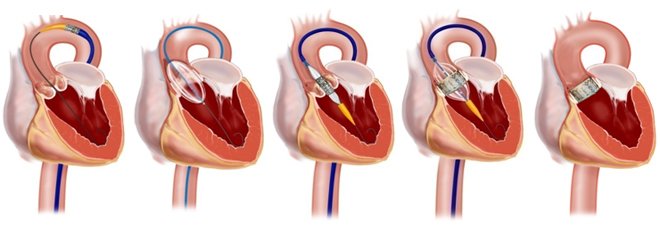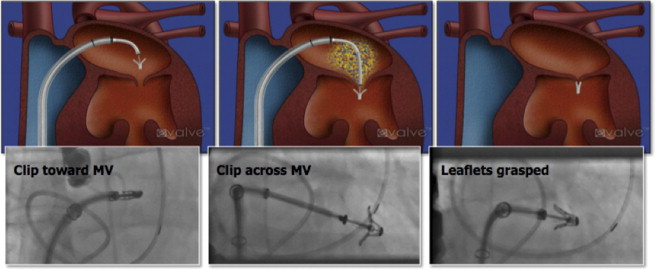Transcatheter Aortic Valve Replacement (TAVR) is the latest milestone in the field of interventional cardiology.
TAVR
WHAT IS TAVI/TAVR?
Transcatheter Aortic Valve Replacement (TAVR) is the latest technique in the interventional cardiology field. Moreover, it refers to transcatheter aortic valve implantation/replacement, which is a procedure where the aortic valve is replaced with a biological valve without open-heart surgery. Also, it increases the survival of the patients.
AM I ELIGIBLE FOR TAVI?
Presently, the TAVI procedure is used in patients who are at high risk for open heart surgery. It is a biological valve and has shown similar results as open heart surgery in various trials. For further details, please use this contact form.
WHAT IS THIS VALVE MADE OF?
Many valves are in the pipeline of development. Two valves that are widely used are the Sapien valve and Corevalve. The Sapien valve is a balloon-expandable valve made of the bovine pericardium and sewn inside a metallic stent. Corevalve is a self-expanding valve made of porcine pericardium sewn inside a nitinol frame.
HOW IS THIS VALVE INSERTED?
90% of the valves are inserted via the femoral(groin) approach. These are authorized early ambulation and discharge. The other techniques are trans aortic, trans axillary, and trans apical.

MITRACLIP
MitraClip is a catheter-based procedure (non-surgical) to treat leaky mitral valve otherwise called mitral regurgitation.
HOW DOES IT WORK?
It clips the leaky segment of the valve and approximates them when the valve closes, thereby treating the leak. Furthermore, contact us.
HOW SAFE IS THE PROCEDURE?
It is a safe procedure when done at a center of excellence and by an expert. The procedure is done from the femoral(groin) vein. The chances of bleeding are minimal.
HOW DOES IT AFFECT THE QUALITY OF LIFE?
Successful implantation of MitraClip reduces the leak. It improves the symptoms dramatically and decreases recurrent hospitalization.
IS IT USEFUL IN HEART FAILURE?
MitraClip is widely used in Europe for functional mitral regurgitation. It improves patient symptoms and heart function.

Types of Valvuloplasty
Paravalvular Leak Closure
What Is Paravalvular Leak?
Paravalvular leak refers to a leak following surgical aortic valve replacement. It is a leak from the side of the new valve due to suture breakdown. For further details, contact us.
What Are Symptoms Of Paravalvular Leak?
If a patient’s symptoms do not improve following open heart valve surgery, then one should suspect a paravalvular leak. It can present as congestive heart failure or hemolytic anemia due to breakdown of blood cells. It is also a nidus for infection.
What Test Is Required For Its Diagnosis?
2-D Echo, Transesophageal echocardiogram(TEE) and CT scan help in diagnosing paravalvular leaks.
Is Repeat Surgery A Treatment Option?
Yes. Repeat surgery is a treatment option, especially when the leak is very big. It happens when more than 40% of the circumference is dehisc. However, repeat surgery carries high morbidity, mortality and recurrence rate of approximately 30%.
What Is Non-Surgical Treatment Of Paravalvular Leak Closure?
Paravalvular leaks can be closed using plugs by catheter (without open heart surgery). It is a safe procedure and success rate is more than 90%. It is done in a cardiac catheterization lab. For further details please use this contact form.
Valve In Valve Procedure
Balloon Pulmonary Valvuloplasty
Balloon Mitral Valvuloplasty
Balloon Aortic Valvuloplasty
CARDIAC CLINIC
Sunday : Closed
RHL Heart Center
| Monday | Open 24 hours |
| Tuesday | Open 24 hours |
| Wednesday | Open 24 hours |
| Thursday | Open 24 hours |
| Friday | Open 24 hours |
| Saturday | Open 24 hours |
| Sunday | Open 24 hours |
Make an Appointment

